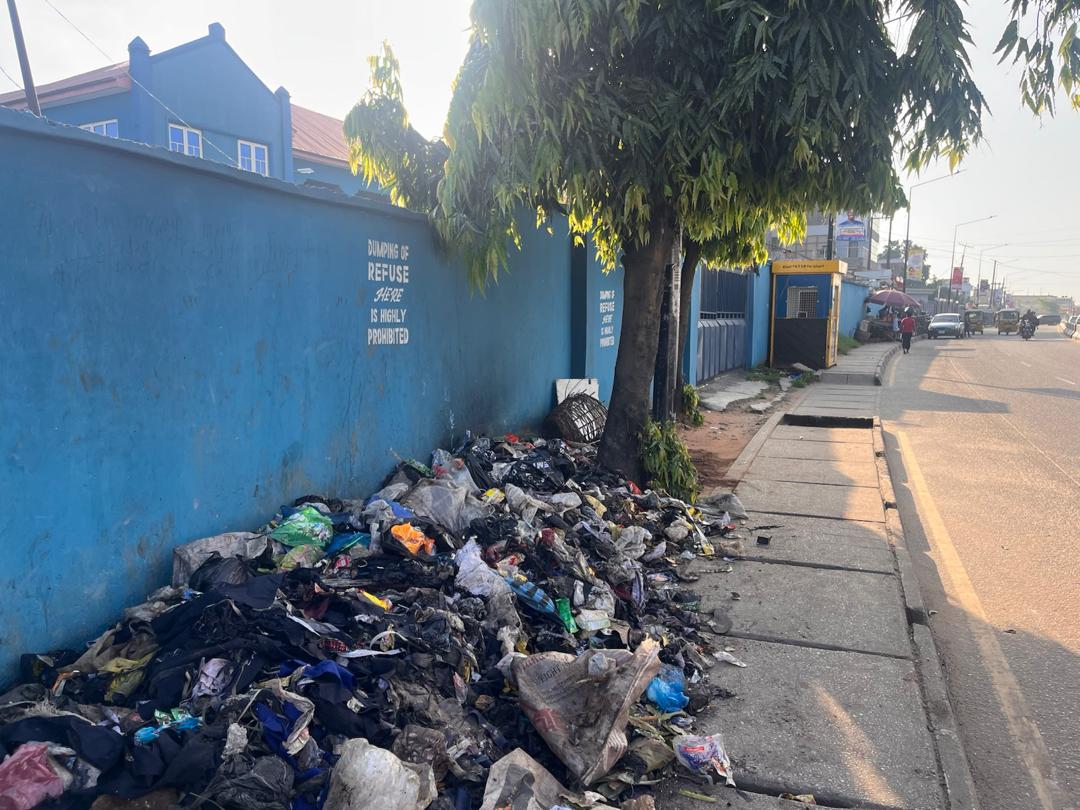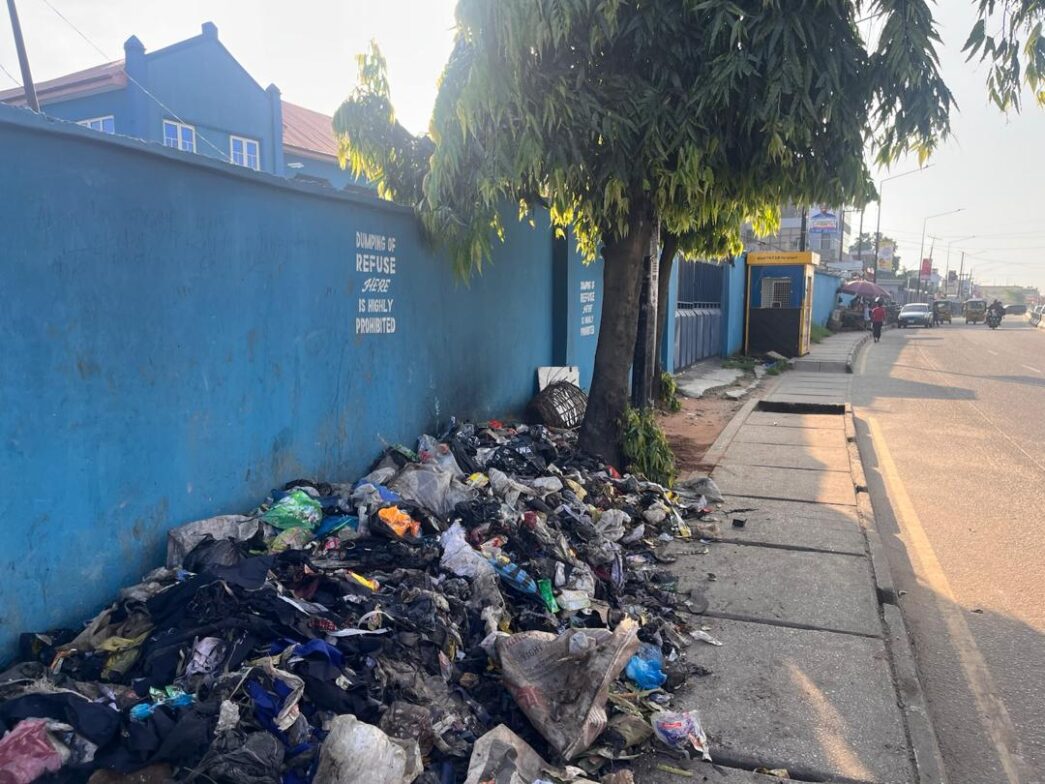A report by the State of the Nigerian Environment (STONE) says about 179 million Nigerians live in unclean environments.
The figure represents an improvement from the 183 million recorded in 2023.
NAN reports that the seventh edition of the report’s public presentation was held on Friday in Abuja.
Speaking at the event, Ene Owoh, national coordinator of Clean-Up Nigeria (CUN), said while Nigeria has made progress in reducing open defecation, waste recycling efforts have decreased.
Advertisement
“The 2024 zonal rating has significant merits; expected to improve Nigeria’s national cleanliness index rating,” he said.
“On one hand, the country has seen a slight improvement in reducing open defecation, from 24 percent in 2023 to 20 percent in 2024.
“Nigeria’s sanitation situation is a mixed bag; unfortunately, waste recycling efforts have declined, dropping from 26 percent in 2023 to 19 percent in 2024.
Advertisement
“This decrease is attributed to the rising poverty levels in the country.
“The STONE Study’s findings further revealed that only seven states demonstrated good personal hygiene and sanitation practices among their citizens.’’
Owoh said the annual cleanliness performance index ranked Akwa Ibom and Abuja as the cleanest in Nigeria.
He said the index rating would address specific environmental challenges in each state and promote positive changes in the overall cleanliness of the country.
Advertisement
Owoh identified other states recognised for their cleanliness as Enugu, Lagos, Plateau, Borno, and Kaduna.
He said the zonal ratings would offer a more precise evaluation of strengths and weaknesses within each region, allowing states to compare their performance.
He added that this would foster healthy competition, encourage improvement, and showcase best practices for change.
“Akwa Ibom recently unveiled massively improved waste equipment combined with improving its sanitation of citizens, offering valuable insights for improvement,” he said.
Advertisement
“The zonal emphasis rating fosters regional integration, making the competition more relevant to local environments.
“The zonal approach will also facilitate interstate collaboration and partnership, promoting another and adopting effective strategies to address their unique environmental challenges towards a cleaner and healthier nation.”
Advertisement
“By highlighting successes and challenges in each zone, the zonal approach will inspire positivity and responsibility among citizens for their local environment.”
Advertisement
Add a comment












